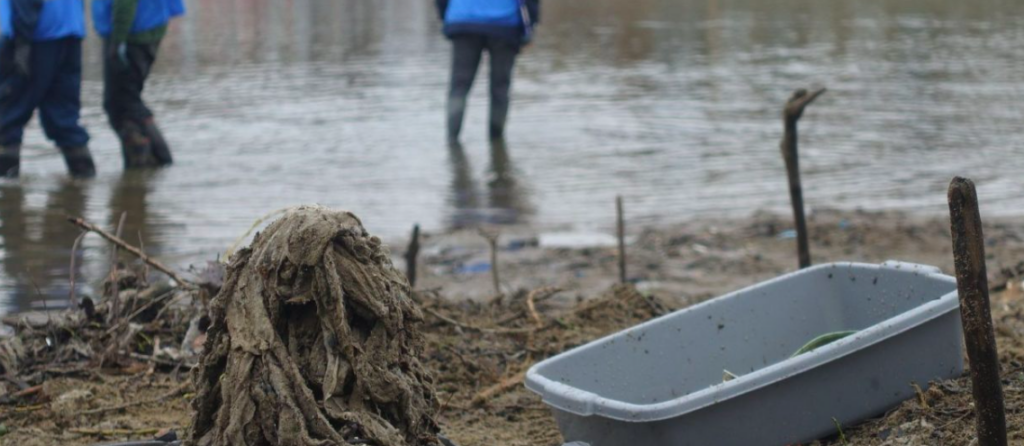Consultation launched to ban wet wipes containing plastic

A consultation on banning wet wipes containing plastic has been launched under plans to tackle plastic pollution and clean up the UK’s waterways.
Touted as a key measure in the UK Government’s plan for water, the ban forms part of ongoing work aiming to ensure there is more investment, stronger regulation and tougher enforcement across the water system.
Wet wipes containing plastic break down into microplastics over time, which can be harmful to the environment and human health. Banning wet wipes containing plastic would help alleviate this issue, as well as reducing the volume of microplastics entering wastewater treatment plants when wrongly flushed.
Alternatives to wet wipes containing plastic are already available, with a number of major brands removing plastic from wet wipes. Boots, Tesco and Aldi are amongst major retailers who have stopped selling wet wipes containing plastic. The ban would build on this action from retailers to make only plastic-free wet wipes available to consumers.
The plans have been set out in a joint consultation with the devolved administrations. It finally recognises public calls for action to tackle plastic pollution in waterways (a 2021 call for evidence in England found that 96 per cent of respondents supported a ban on wet wipes containing plastic).
“Wet wipes containing plastic are unnecessary and are polluting our environment,” says environment secretary Thérèse Coffey. “We will continue to tackle plastic pollution in our waterways, building on banning microbeads in personal care products, to taking billions of plastic bags out of circulation.”
David Henderson, Water UK chief executive, says: “We welcome the government’s plan to ban plastics from wet wipes. When flushed, these wipes cause fatbergs and other blockages that trigger overflow spills into rivers or flood homes and businesses.
“As our Bin the Wipe campaign makes clear, these products should never be flushed. We can all do our bit by putting wet wipes in the bin, rather than flushing them.”
Natalie Gourlay, head of environmental social governance at Boots says the company removed all wet wipes containing plastic from sale in stores and online earlier this year.
“We are pleased to see the government now taking action in this area as collectively we all have a responsibility to protect the environment and enable a healthy planet.”
The consultation will run for six weeks, until the 25th November 2023, and can be completed online.
Water companies discharged raw sewage into rivers in England more than 400,000 times in 2020, according to new figures published by the Environment Agency. Untreated effluent, including human waste, wet wipes and condoms, was released into waterways for more than three million hours in 2020.
In March 2023, the Marine Conservation Society released data about 2022’s beach clean. It said that while some aspects of the clean-up were better than in previous years, there is still a fantastically long way to go – with wet wipes, glass bottles, cigarette butts and plastic still plaguing the shores.
Main image courtesy of Thames21 – a campaign group which strives to protect and transform the River Thames and its tributaries.











